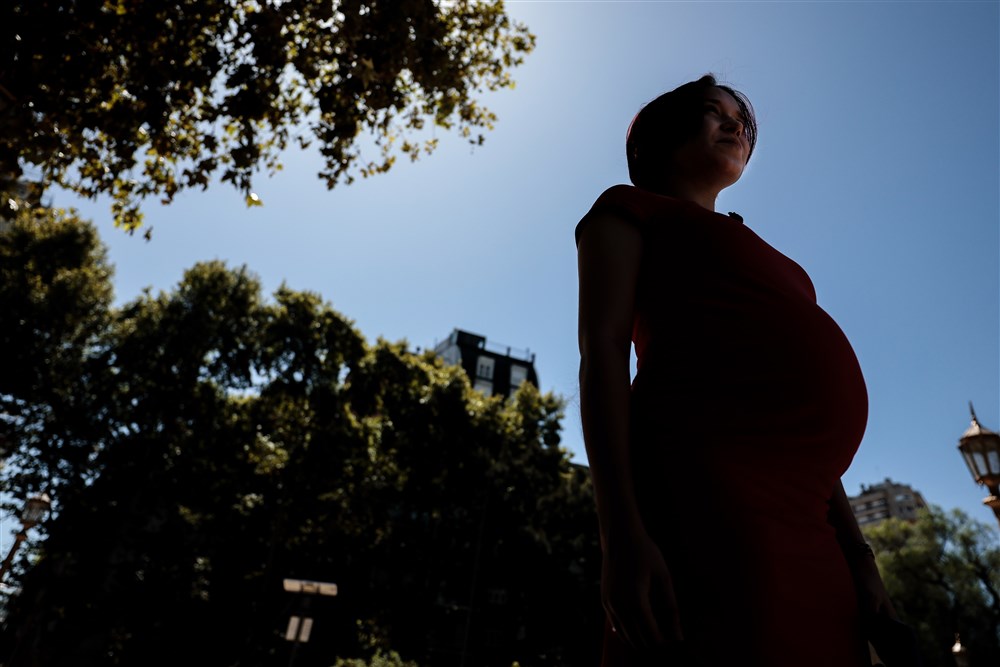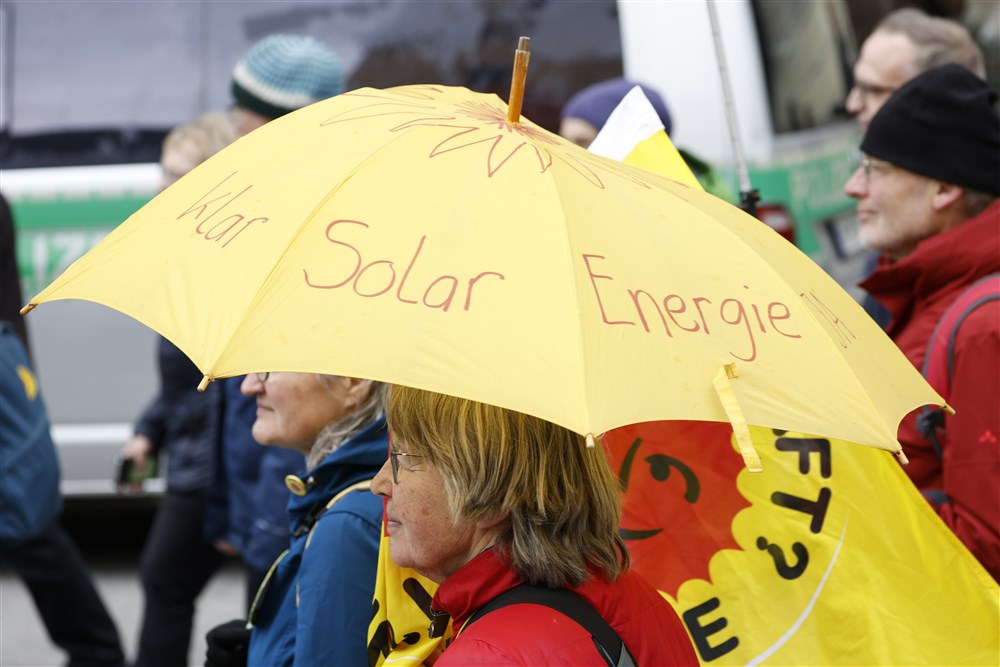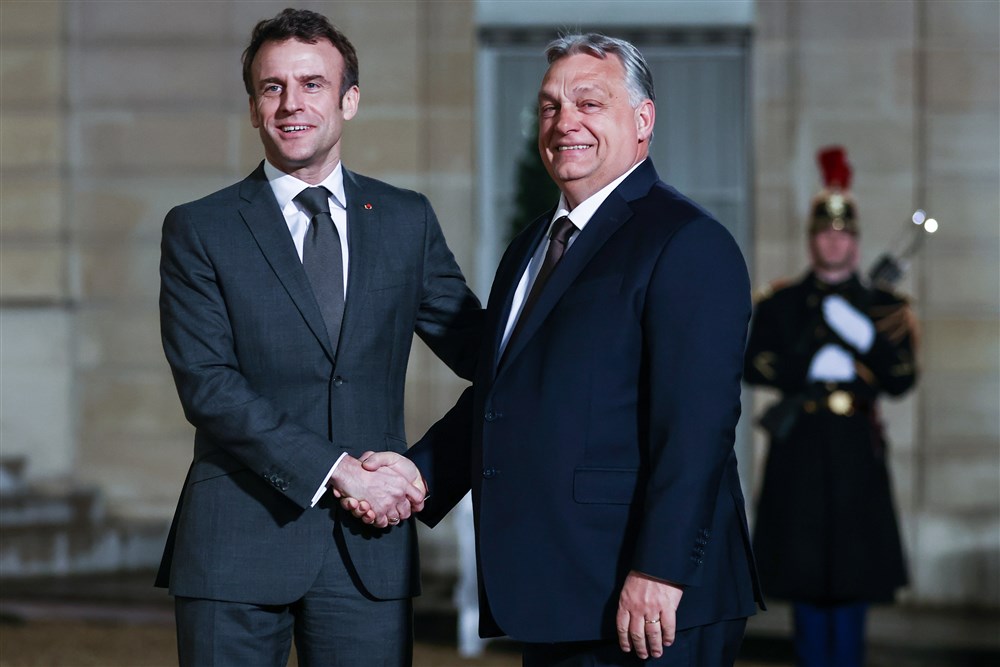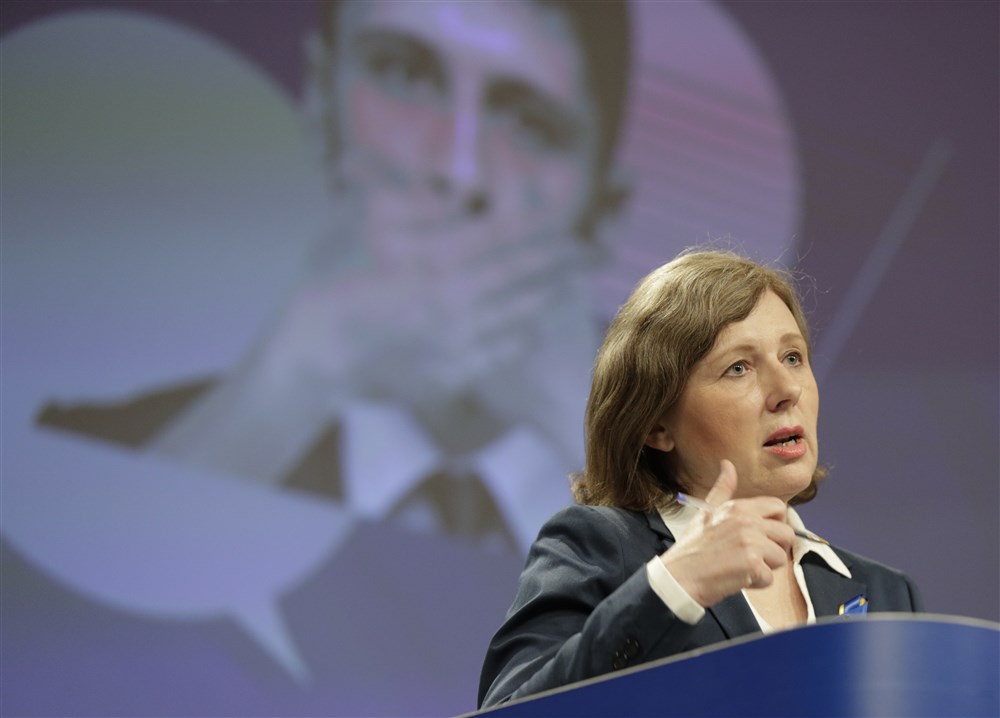One of the key pledges of the UK’s Brexiteers was the promise to sort out unchecked migration swamping the UK. “To take back control,” as the slogans pronounced. As with almost every Brexit-related promise for a new British utopia free of the shackles of the European Parliament, it has proved a resounding flop. The exact opposite has happened.
Since Brexit in 2016—much to the delight of Remainers in the media—the number of migrants trying to cross the English Channel has increased resoundingly. In 2022, a record number of 45,756 migrants crossed the roughly 20-mile breadth of water that protects the UK from the volatile passions of the French. This has led to fractious discussions between the UK and French governments about how to “stop the boats”. Recently, and with another new British prime minister at the helm, there has been a shift toward more amiable cooperation (helped by Britain agreeing to pay France more than €500 million over the next three years to implement control measures).
But as Nicholas Farrell, a British writer based in Italy and author of “Mussolini: A New Life”, argues in a recent article for the Spectator, it is not the English Channel where the fight to prevent illegal immigration between Britain and Europe will be won or lost, rather “it will be decided in the sea between Italy and Africa.”
Over the past decade, of the 2.4 million migrants who arrived illegally in Europe by sea, the majority have come via Italy. So far in 2023, the UK has taken in about 4,000 migrants who arrived from France by small boat. In just the last 10 days of March, though, Italy received more than 7,000 migrants who journeyed from north Africa. And the “peak summer period” for sea crossing attempts is still to come, Farrell notes. At the current rate, Italy will receive 475,0000 migrants by sea before the year is out.
And there could be even more. A big driver of migrants heading to Italy right now is the dire situation in Tunisia. Italy’s new Prime Minister Giorgia Meloni—whose “right-wing” status is the first thing most mainstream media focus on in any story—recently told an EU summit that if the situation in Tunisia were to worsen, there could be “an invasion” of Italy by up to 900,000 migrants.
Those sort of numbers—and the political consequences—could “dwarf” the great migrant surge of 2015 when Germany took in a million migrants from the Middle East. Back then, the EU ended up having to pay Turkey—or bribing, as Farrell puts it—a €5.77-billion package to stem the flow of migrant departures. Meloni is currently trying to get the EU to do something similar for Tunisia, while her government is pressing the IMF to release a €1.7 billion loan it agreed in October for Tunisia—which is on the brink of defaulting on its debt repayments—that remains withheld due to conditions stipulated by the IMF being judged as not met yet.
Meloni has also being pushing for an EU mission to stop boats departing and to send back migrants who are not genuine refugees. She is also targeting those who operate the boats, passing a law that would impose serious jail time for offenders, in contrast to the Illegal Migration Bill by the UK government that tackles migrants themselves and proposes to deport them in 28 days. Meloni has also launched a plan to diminish migration flows by assisting African countries economically and wants to establish a safe and legal annual migrant quota system.
Yet despite tackling the issue head on with a raft of ideas, Meloni is not succeeding. Rather the numbers of migrants coming to Italy in boats just keeps increasing on her watch.
“This is partly because everything she does is howled down as ‘fascist’,” Farrell says. “But it is mainly because Italy, acting alone, cannot solve the escalating migrant crisis in the Mediterranean.”
Hence Meloni’s “battle cry” is that “only Europe, not Italy, can defend Europe’s Mediterranean border.”
The problem, Farrell notes, is that Meloni’s “right-wing” reputation means she “has taken intense daily flak for her approach.”

She is viewed as a “vulgar populist” by some European leaders, as she is by some of their electorates—and by most of their media. So the key thing to watch, Farrell says, is whether such leaders put political prejudice aside to help the leader of the country at the leading edge of Europe’s migrant crisis. Or whether they choose to let Meloni fail—thereby providing further evidence of the problems with “right-wing” government—preferring to deal with the consequences of unprecedented levels of illegal immigration in other ways.





